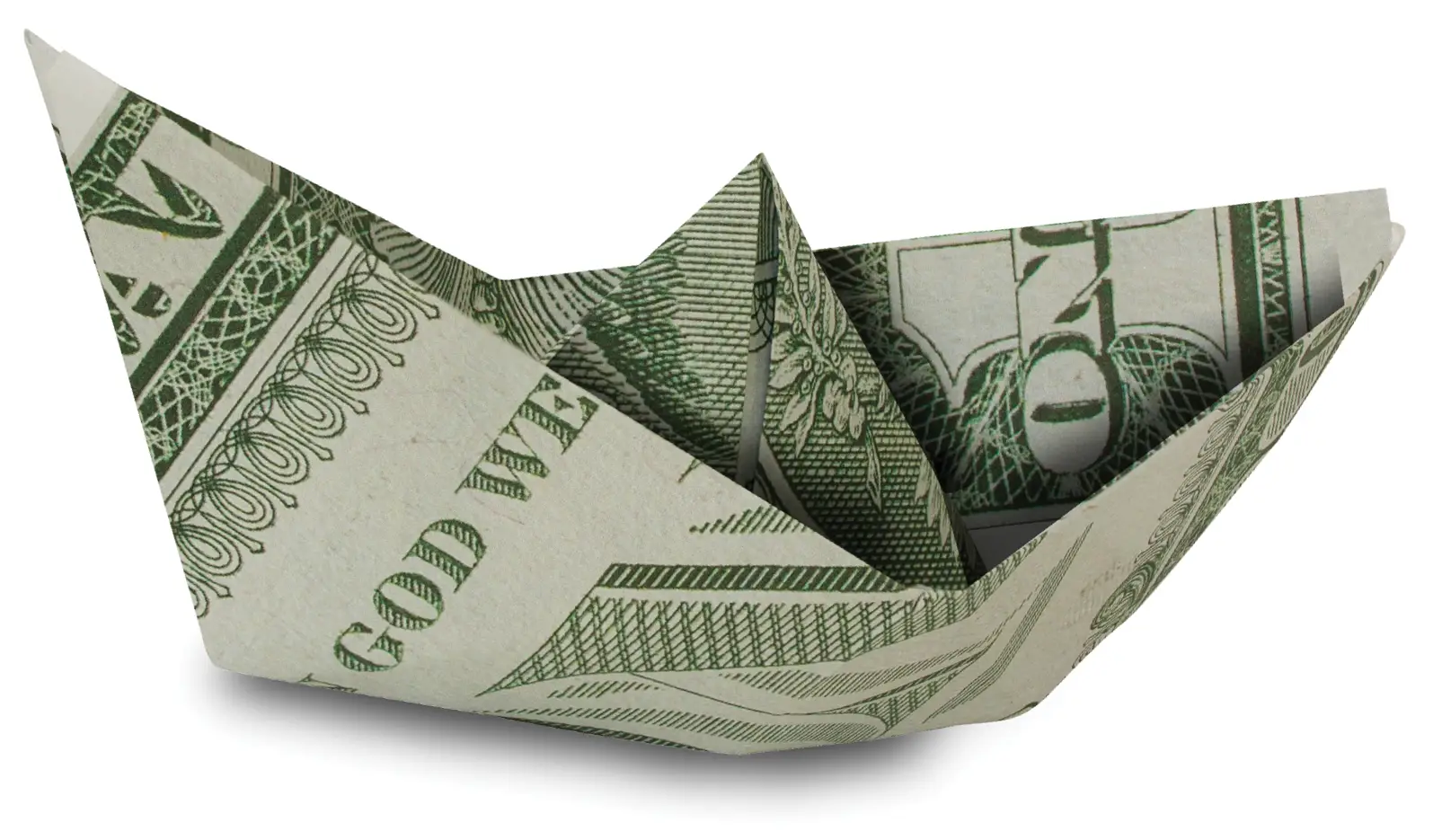
Charla McKinley


made a skilled sailor.”

She let me quit.
My mom’s goal was my happiness and smoothing the seas of uncertainty and fear. Letting me quit was her way of achieving that goal. Unfortunately, it also left me without tools to navigate the choppy waters of my teen and young adult years.

Accepting a challenge gives them a chance to see the reality of their abilities and discover growth opportunities.
Letting your children quit a team because they are “no good” robs them of the chance to become good through perseverance. Worse still, it validates their conclusion and inadvertently sends the message that you agree that they do not have what it takes. Instead, your role is to encourage your children past their fear by giving them ideas to navigate the situation. For example, you could encourage your son to meet privately with the coach to determine what skills he lacks and help him get the practice needed to develop those skills.
If we are rescued from our failure we learn to be afraid of it, concluding, “Why else would we need rescuing if we could handle it on our own?”


When I was in middle school, I got a purse. My mom kept saying, “Don’t forget your purse!” everywhere we went. Finally, she stopped saying it and sure enough I lost it. I was crushed at the disappearance of my Bonnie Bell lip gloss and my $7 savings.
Thankfully, my mom didn’t replace those items. From that day forward, I was much more mindful of keeping up with my stuff. The lesson came when I lost it, not with the repeated reminders. Experience will teach much more than words.


Often we tell our kids, “No, it’s not in the budget.” Instead, explain how that budget was set and why their request did not make the cut.
The question, “Why don’t we have a house like Suzie?” could be answered, “Yes, I like Suzie’s house too. But when I was younger, I did not have enough information to make wise choices with my money so we aren’t in a position to afford a house like Suzie’s. I love our house, and these mistakes taught me so much about what is really important to me. I have a lot of lessons I can share with you to help you be more wise than I was.”
The mistakes I have made led me into some choppy waters. My experiences on those waters were the foundation on which I was able to mature and learn to stand on my own despite the waves around me.
Rather than aiming for the current happiness for your children, take a broader perspective and see your role as a guide to help them experience failure without concluding that they are a failure.

